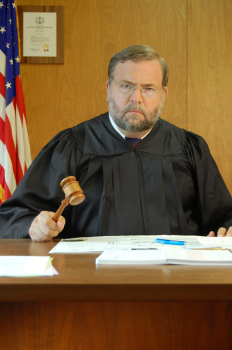
When to object?

Trials are complicated. No two are alike. Every witness that testifies brings new opportunities for victory, defeat or error. Every trial will have things that happen that no one expected or prepared for, regardless of preparation, and both sides will make errors. Sometimes these things don't matter very much, sometimes they matter a lot.
This is one of the main reasons why over 90 percent of all cases will settle short of a verdict.
A perfect example of how two unnecessary errors caused the reversal of a jury verdict was reported by the SC Court of Appeals July 5, 2023 in the case of Mack Washington, Jr. v. South Carolina; Appellate Case No. 2018-000182.
Washington was convicted by a Colleton County jury in March of 2014 on two counts each of armed robbery, kidnapping and one count of possession of a weapon. During the closing argument, the solicitor repeatedly referred to Washington's "pattern" of dangerous behavior and asked the jury to protect the community by locking up Washington. However, there was no evidence in the trial record of a pattern of dangerous and illegal behavior committed by Washington.
Washington's Defense Counsel did not object to these statements; rather he made a motion for a new trial after closing, and outside the presence of the jury. The judge gave a "curative instruction" which I have always seen as the kiss of death.
Now, nine years later, Washington is before the Court of Appeals on a PCR application. He argues Defense Counsel was ineffective for not objecting to the Prosecutor's closing statement about a "pattern" of illegal behavior and that the "curative" instruction was unable to cure such an egregious due process violation.
Now, nine years later, Washington finally hears what he should have heard on direct appeal- that he is getting a new trial. The Court of Appeals found that due to the nature of the case, the curative instruction was not effective. As such, Defense Counsel's failure to immediately object to the Prosecutor's closing statements about a "pattern" of illegal behavior required that Washington have a new trial.
The moral of this story is that the time to object is... immediately! The reason it took Washington 9 years to get a new trial, rather than a much shorter time on direct appeal, was because his Defense Counsel did not make a timely, immediate objection to obvious reversible error.
Guy Vitetta, Charleston

